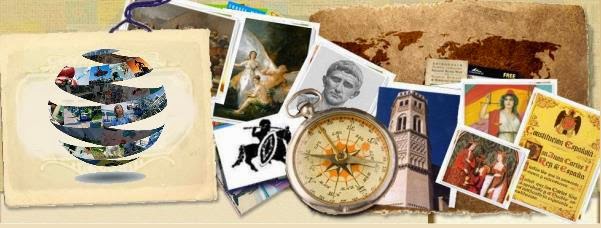What is psychology?
Understand what is meant by psychology is not an easy task, the above, since it is a discipline within which there are several branches that deal with it in different ways. However, in general terms, you can define psychology as the science which deals with the study of the psyche or soul ell. This definition comes from the origin of the term psychology, which derives from the Greek words Psyche and Logos, meaning soul and study, respectively.
Psychology is that science which deals with the study of the mind in all areas that this covers, including from brain functions to the development of human beings and how that feels, is intended and is learned in relation to the environment that surrounds us.
As already mentioned, psychology deals with their various tasks differently depending on the perspective with which you look at it. This is a discipline that has many branches that respond to different paradigms, and among them, cognitive psychology, psychology humanistic-experiential and psychoanalysis are (for this topic in particular you can read our articles what is psychoanalysis? and who was Sigmund freud?) and partner constructivism, among others. In this way, depending on the perspective with which you look at it, psychology may deal with understand the mind and human behavior with emphasis on different aspects, which are related to the different ways of approaching reality or approach the.
As we see, it's a science of a tremendous range, allowing you to deal with the human mind in relation to many aspects of life, for example, health, work, culture, society, education, etc. The foregoing, has allowed psychology develop specific areas of study for the different fields of work, for example, clinical psychology, that usually deals with pathologies related to the psyche, Social Psychology, as well as also the educational psychology and labour, the latter with a great influence especially in regards to the recruitment and management of staff in the company...
Translated for educational purposes.
